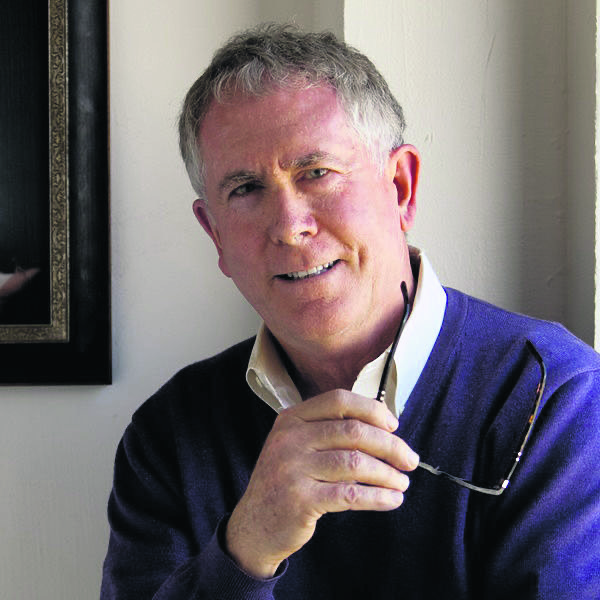
Christians are soon to commemorate the birth of Jesus which is celebrated on December 25th. Each year we tell the story of how he was born in an animal stable in Bethlehem. What a miserable place for the Son of God to be born! And that’s the point. We believe that when God came into the world, he didn’t come in glory and power, but in the poorest, most humble way, at a moment when his parents were homeless and had no other place to give birth. It was God’s way of assuring us that God accompanies us through life, not from above, but God lives among us, no matter how challenging our lives can be.
Still, my imagination goes to an improbable conversation in heaven between Jesus and his mother Mary: “Mom, they’re telling that story again!” “Of course dear, they love to hear how you were born.” “But it’s so embarrassing! You gave birth to me in a stable. It stank like animals. And they sing songs about my resting in hay! Hay was so uncomfortable on my newborn skin. It wasn’t as nice as their songs and cards show.” “I know dear, but it’s not like I had another option.” “Still, it’s embarrassing.”
The Christmas stories (yes, there are two of them, one told in Matthew’s gospel and one in Luke’s gospel) do have their rough and embarrassing elements along with some moments of glory. When angels announce to shepherd that the messiah is born in Bethlehem at first it is a glorious moment. (Luke’s gospel) But we often forget that shepherds were among the lowest classes of workers in that society. Why was the vision of angels “wasted” on such lowly people? Wouldn’t it have been better if the angels roused the civic leaders or priests since God was coming into the world? And I can only imagine what it was like for Mary and Joseph to be visited by these strangers—rough and smelly men—who wanted to see the baby. Were they frightened? Repulsed?
And when Matthew tells of the glory of a star, he connects it to the story of foreigners showing up at the house to see the baby. We portray them as “kings,” but the bible doesn’t describe them as royal. Imagine what it would feel like if you brought your newborn home only to find that uninvited foreigners rang your doorbell promising that they brought gold for your baby. I can imagine the number of people cautioning “Scam!” if you tweeted, “Should I let them in?”
There is so much wrong with the Christmas story and that’s what makes it so right. We can easily brighten the story with myriads of lights and decorated trees and expensive presents so that we forget the primal message that God embraces all that is poor and lowly about the human condition. If we were to decorate in a way to really remember the first Christmas, we’d shut the electricity and heat off in our homes and litter the living room with manure and hay.
Of course we can choose how to decorate. Yet I think of the millions of people living today who have no such choice. Their homes are indeed without electricity or heat, and while not necessarily strewn with manure and hay, their living quarters are not much better. It was only two years ago when Saint Bernard’s parish raised funds to put a well in a small town in Nigeria so the people didn’t need to get their water from mud puddles. Life in so many other places is equally rough, if not worse.
I wonder if the story of Christmas present isn’t more embarrassing to Jesus than the story of Christmas past. Certainly there are many acts of love and kindness that abound in our suburban neighborhoods. At church we see this in the generosity of people who share food and gifts for those in need. But as long as there are wars and other forms of violence and oppression throughout the world, we need Jesus to come again and again until peace and justice finally reigns here and everywhere.





























